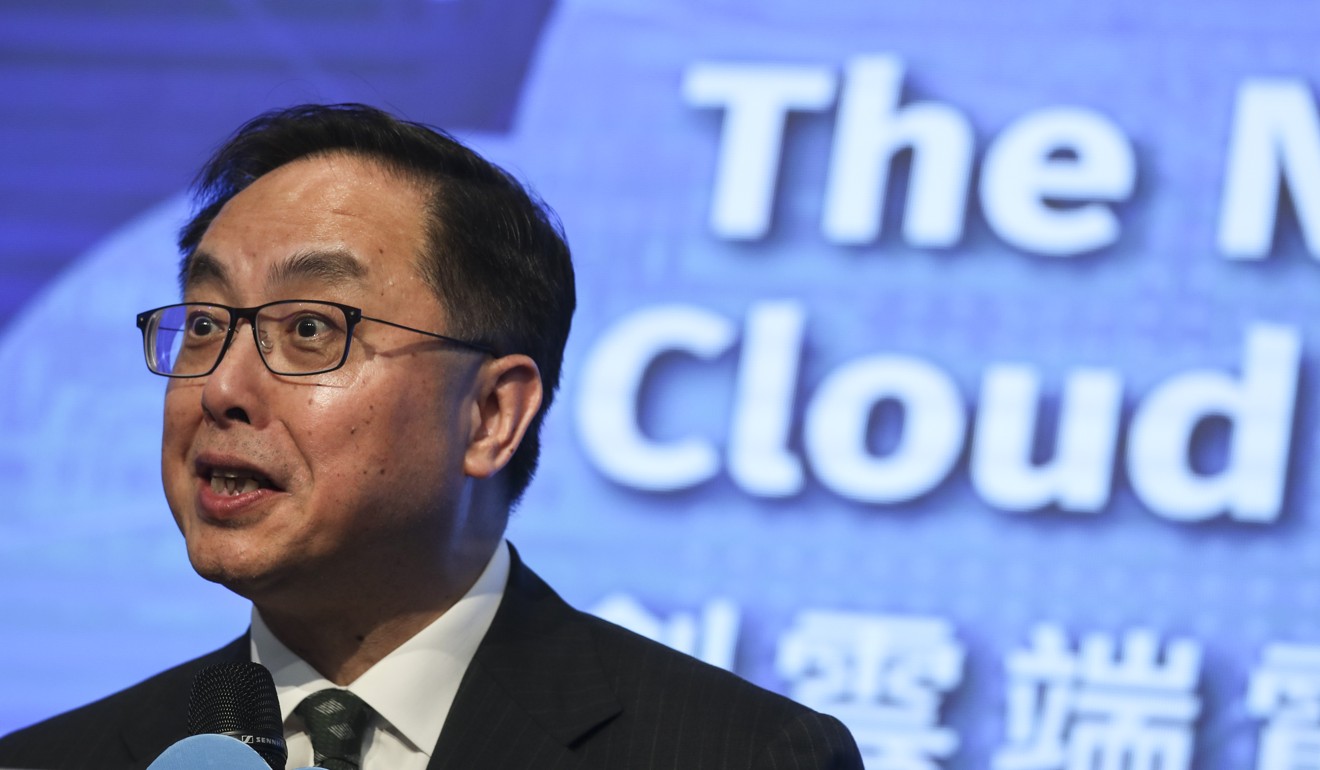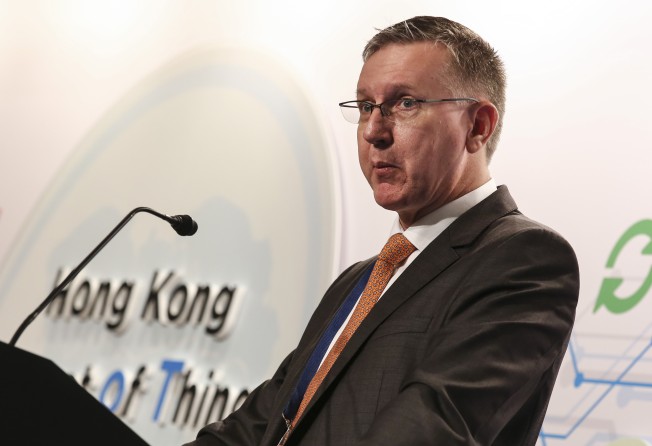
Can the ‘internet of things’ help stimulate growth in Hong Kong?

The Hong Kong government is urging industries to expedite their adoption of so-called internet of things (IoT) solutions, which could push forward more digital business initiatives in the city.
That effort, however, may prove to be vastly complicated because of the different proprietary technologies used in IoT deployments around the world.
IoT represents a super network of networks, consisting of internet-linked devices embedded in everyday objects that gather, send and receive data for analysis.
“What the government is most interested in is putting IoT applications to popular use by the community, and stimulating further development of industries and our economy,” Nicholas Yang Wei-hsiung, the Secretary for Innovation and Technology, said at the Hong Kong IoT Conference on Wednesday.
“Over the years, the government has been using IoT sensors to improve public services. For example, we deploy sensors at strategic routes to collect real-time traffic data, in manholes of city storm drains to detect water levels, and inside the slopes to detect impending landslides.”
Yang pointed out that a consultancy study commissioned by the government is set to formulate a “smart city” blueprint for Hong Kong, which includes coordinating IoT solutions. This study will be completed by the end of this month.
Worldwide spending by organisations on IoT is forecast to total nearly US$1.4 trillion by 2021, up from an estimated US$800 billion this year, according to technology research firm International Data Corp.

Asia Pacific, excluding Japan, is projected to be the IoT investment leader among geographical markets, with annual expenditure expected to reach US$455 billion by 2021.
While acknowledging the huge potential in IoT development, the president of the Hong Kong Internet of Things Advisory Council, Robert Burton, said there were plenty of challenges ahead.
“The standards, protocols, technologies and applications for IoT are wildly divergent to date,” said Burton, who is also an executive vice-president at supply chain management provider Li & Fung Trading. “It is necessary to bring the industry together to facilitate interoperability between different applications, as well as applications and devices, to truly realise the full potential of IoT.”
The standards, protocols, technologies and applications for IoT are wildly divergent to date
Citing data from research firm Gartner, he pointed out that there will be 8.4 billion connected IoT devices in use around the world this year.
The consumer segment is expected to be the largest user of connected things with 5.2 billion units this year, while businesses are on pace to employ 3.1 billion connected things.
At the conference, Hong Kong International Airport executive director Cissy Chan said there were already about 10,000 IoT sensors deployed at the terminal to help monitor and analyse passenger numbers, luggage handling, retail traffic, and even toilet usage.